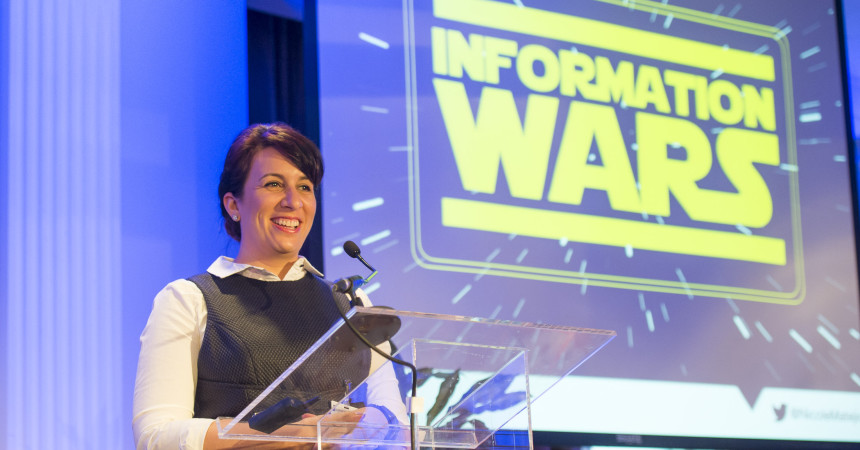The Australian defence sector has been falling behind some contemporary industry counterparts in the use of new digital technologies – including social media – to further its cause, a leading social media specialist has claimed.
To continue reading the rest of this article, please log in.
Create free account to get unlimited news articles and more!
“I started doing this kind of stuff back in 2008, and even then, people thought Facebook was just somewhere you post your picture of your lunch,” said Nicole Matejic, who heads Australian social media consultancy firm Info Ops HQ.
“Privacy was unheard of, everyone was wide open to the world, it was crazy,” she said. "I think only probably in the last four years, people have actually started taking social media seriously, both from a business, defence and government perspective.”
Matejic added that the emergence of ISIS had altered this lack of awareness.
“I'd been blogging for a while about [the theme]: ‘Don't worry about cyber security and cyber warfare so much, think about social warfare’, and then everyone was kind of like, ‘Yeah, what have you been smoking?’,” said Matejic.
“And I'm like, ‘No, no, because people weaponise this and use it as a messaging front’, as we’ve seen happen today, and of course, as soon as ISIS started weaponising social media, the phone hasn't stopped ringing.”
The idea, Matejic explained, is to really get to know the target audience and then establish the optimal manner with which to communicate with them.
“There's so many different [social] networks out there but your audience isn't going to be on every single one of them,” she said, underscoring the need to carefully select what will offer the biggest return in terms of time investment, developing content, keeping on top of your moderation and getting to know the community and gaining key data, insights and information.
“Then, if you're going to do some paid promotion and advertising, add that into the mix as well,” Matejic said.
In addition, she flagged how in a conflict scenario ‘the bad guys’ were much more adept at wielding social media than the good guys.
“I've been crucified for saying that in the past,” Matejic added. “But yes, they are very effective at using content marketing and social media for their objectives. I think you'd be crazy to disagree with that statement, however unpalatable that may be.”
Matejic said it was a fact that in this case, as a nation as well as a vital business vertical, we had been slower off the blocks.
“People weren't ready for social media warfare because they just didn't think it was going to happen,” she said.
“They thought, ‘put up your lunch and a picture of your office window’. That was kind of the level of thinking about where social media was going, it was a social thing rather than an enterprise or a warfare kind of tool, I guess."
To hear more from Matejic, tune in to our podcast here.

 Login
Login







